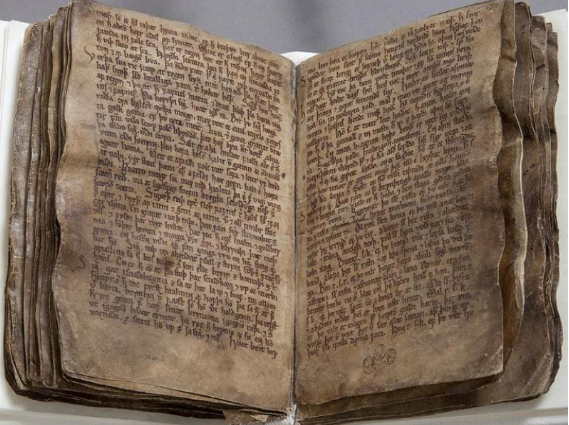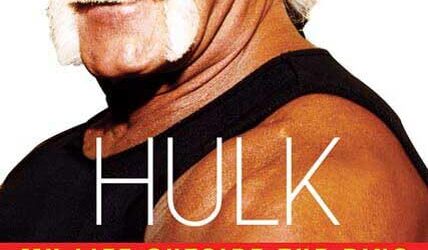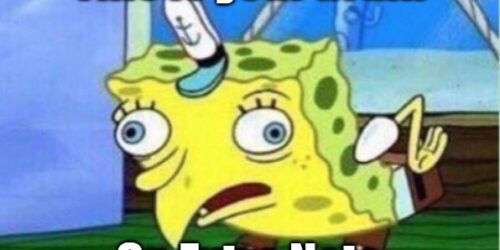Getting Started With Norse Myth
Reading mythology and folklore is extremely rewarding. There’s something magical about going back to some of our oldest stories and seeing just how much they’ve influenced. Unfortunately, there are a lot of people out there with a lot of agendas who like to muddy the waters on this subject. A simple Google search or browsing of the shelf at the local bookstore may fail to point a new reader in the right direction. There was a surprising amount of interest in our recent episode on Lokasenna, so I thought it might be good to write a quick blog post on which books and resources I’ve found most informative.

The Eddas
“Edda” is a term that refers to two Icelandic manuscripts that were written in the 13th century. What does the word “Edda” mean? Short answer: no one knows, not super important, don’t worry too much about it. The two Eddas are very different despite having essentially the same name.
The Poetic Edda
The Poetic Edda is where I recommend starting with Norse Mythology. On the podcast we read from Jackson Crawford‘s translation, which I highly recommend. This is a collection of poems that were compiled in a manuscript called The Codex Regius. The poems themselves are likely older than the surviving manuscript. This is as close to an original written source of the Norse myths as you are going to get. The poems appear in a non-chronological order, and are at times self-contradictory. We do not know much about the person that wrote them down. We know far less about the people who originally composed the poems. If you’re not a fan of poetry don’t be too put off by the title. Much of the poetry, unfortunately, doesn’t translate to English. Old Norse poetry is alliterative, not rhyming. Jackson Crawford’s translation opts for readability and accuracy over maintaining the poetic nature of the text.
The Prose Edda
In 13th century Iceland there lived a man named Snorri Sturluson. This is sort of his love letter to his nation’s folklore and poetic tradition. It is pretty far from the original sources, but it is also a lot closer to the original sources than we are. Snorri has a bit of an agenda, himself. A lot of the material in The Prose Edda is original to Sturluson, and he’s very interested in constructing a euhemerized account of the Gods that is more compatible with his Christian beliefs. It’s still a good read, and it has been profoundly influential in the modern perception of these myths.
Unfortunately, my go-to Old Norse specialist Dr. Crawford has not yet completed his own translation of The Poetic Edda. There are numerous translations you can find out there, though. Grab one that works for you.

The Sagas
The sagas don’t feature the God’s so much, but focus on famous quasi-historical Scandinavian heroes. This is where you can insert your D&D characters. Tolkein took no small amount of inspiration from these myths when he was constructing his own legendarium. Be forewarned, though, things don’t always flow as logically as you may expect them to. There is a lot of ignoring fate, forgetting obvious facts, and a small amount of culture shock. The morality of ancient Scandinavia is a little different from our modern beliefs.
The Saga of the Volsungs
If you’re familiar with Wagner then this may ring a bell for you. This is the one with Sigurd and Brynhilde. He kills a dragon. Pretty Epic. I recommend, perhaps not surprisingly, Dr. Jackson Crawford’s translation which includes The Saga of Ragnar Lothbrok as well.
Hervor and Heidrek/Hrolf Kracki and his Champions
Another Jackson Crawford translation for you, this time it’s one about berserkers and legendary swords. Perfect for your next D&D campaign.
There are more, but this is as far as I have personally delved into the Old Norse sagas, though. I think this should be enough to get anyone started.
Beowulf (bonus points)
Not technically old norse, but still Germanic. If you were forced to read this in high school and never looked back, I’d recommend giving it another shot with an open mind. It’s very much still in the tradition of the Old Norse sagas, and it’s an excellent compliment to the mythology. And hey, Beowulf kills a dragon too. And hey again, look who else was interested in this…

Hopefully this is a nice short cut to getting started reading about Odin, Thor, and Loki. Serious students of this stuff may laugh at the simplicity of this blog post, but honestly when I was first getting into this branch of mythology there were not a lot of good articles on where to start. I stumbled across the Eddas one day in a classics section at a book store. Despite being taught Chaucer and Beowulf in high school no one ever thought to mention the Old Norse sources to me. With the recent surge in popularity of Viking fiction I hope a few more people find their way to these texts and I hope that they enjoy them as much as I do.

